
In a landmark move blending faith and governance, New York is poised to become the first major U.S. jurisdiction to turn Pope Francis’s environmental teachings into enforceable law. Following the Pope’s passing on April 21, 2025, at age 88, his climate advocacy is finding renewed momentum through New York’s bold legislative efforts.
Throughout his papacy, Francis treated climate change as both a moral and ecological crisis, especially emphasizing its toll on the poor. His influential 2015 encyclical, “Laudato Si’,” framed climate action as a spiritual duty.
Today, Governor Kathy Hochul, newly named Chair of the U.S. Climate Alliance, is leading the charge. As she stated at a Vatican summit, “Climate change is a global crisis that demands a response from all fronts.” New York’s response could reshape national and global climate policy.
“Laudato Si'” — The Blueprint for New Law
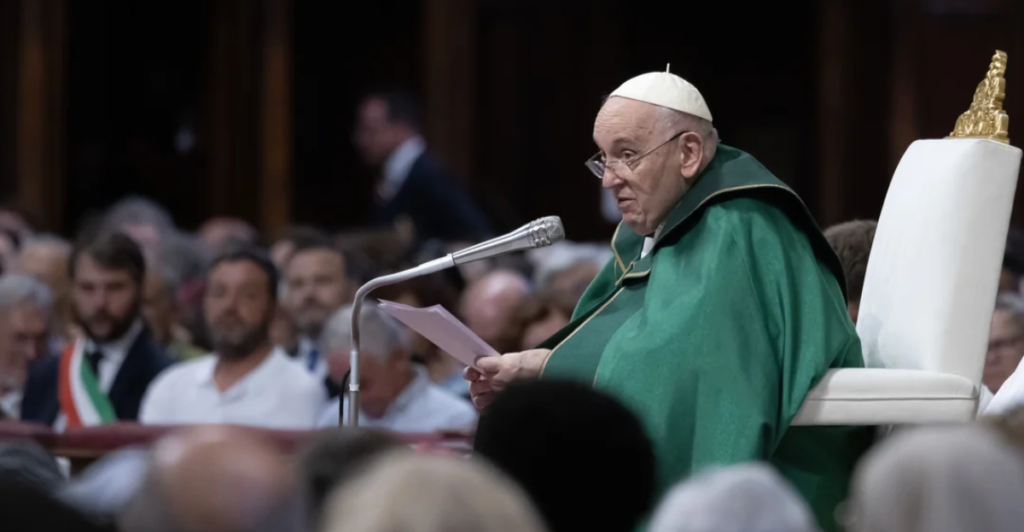
Pope Francis’s 2015 encyclical, “Laudato Si’” (“Praise Be to You”), now serves as the moral foundation for New York’s sweeping climate agenda. In this 184-page document, Francis denounced rampant consumerism and environmental neglect, urging “swift and unified global action.”
Structured across six chapters, the encyclical offers a detailed roadmap that New York legislators have closely modeled. Central to Francis’s argument is that environmental care is a moral obligation, declaring: “The earth herself, burdened and laid waste, is among the most abandoned and maltreated of our poor.”
His idea of “integral ecology,” recognizing the interdependence of human and natural systems, has deeply shaped New York’s approach. Rather than isolated reforms, the state aims for interconnected solutions, aligning environmental, social, and economic justice in a singular, cohesive legislative framework.
Hochul Brings Papal Vision to Albany
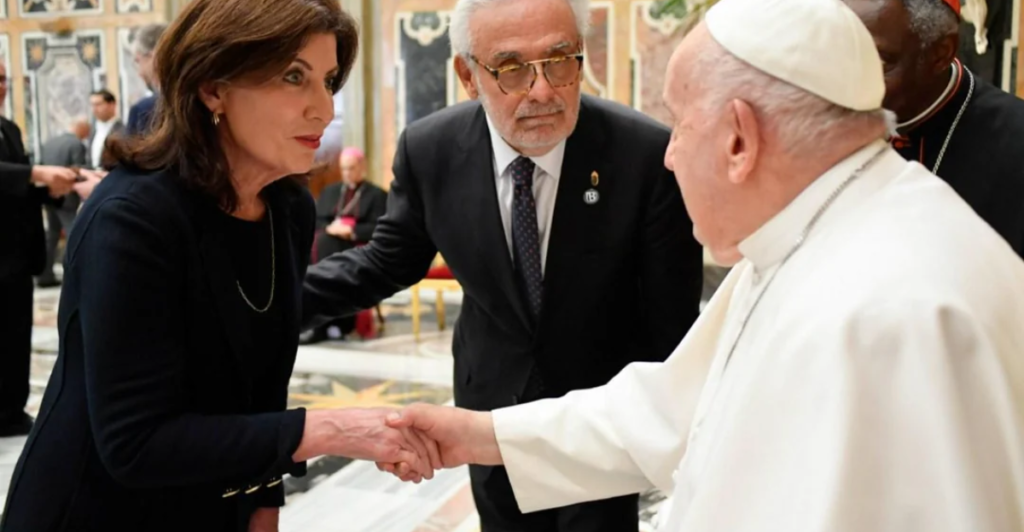
Governor Kathy Hochul’s appearance at Pope Francis’s summit, “From Climate Crisis to Climate Resilience,” marked a major step in channeling religious values into public policy. During the summit, Hochul unveiled nearly $300 million in new climate resilience funding to help shield communities from climate-related disasters.
In her address, “Climate Leadership in the Empire State: Building Resiliency for All,” she credited the Pope’s vision: “I’m grateful to His Holiness Pope Francis for bringing together faith, policy, and scientific leaders to address this emergency.” Now Chair of the U.S. Climate Alliance, Hochul positions New York at the forefront of integrating faith-driven environmental justice into law.
Her announcement came at a pivotal moment, following the Pope’s 2022 exhortation calling for binding climate action and Vatican City’s full engagement with international climate frameworks.
Making Polluters Pay With the Climate Superfund Act
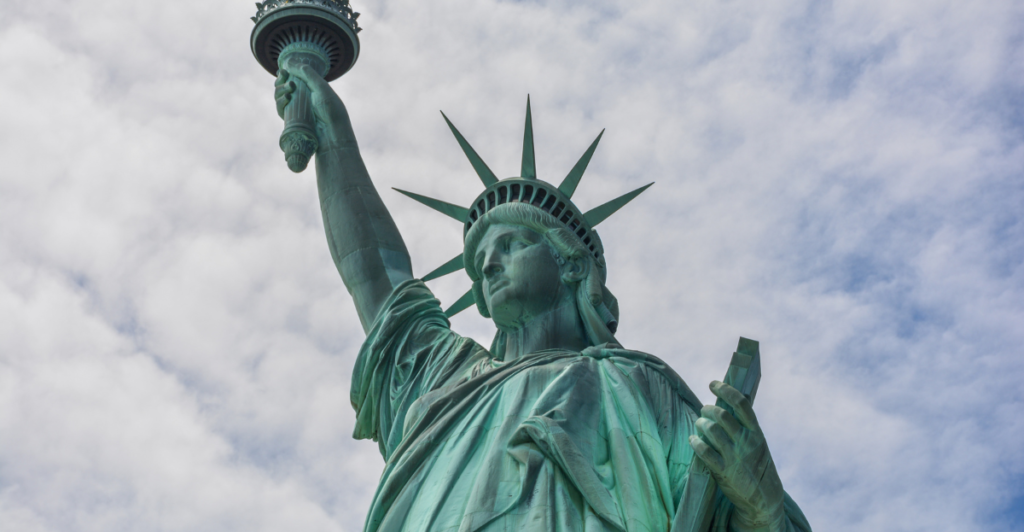
New York’s Climate Change Superfund Act (CCSA), signed into law on December 26, 2024, fulfills Pope Francis’s call for corporate accountability. This groundbreaking law compels fossil fuel companies linked to New York to fund a $75 billion “climate Superfund” over 25 years, with fees tied to historic emissions.
Funds will support infrastructure upgrades and community resilience projects. This initiative directly echoes Francis’s denunciation of the “irresponsible lifestyle associated with the Western model.”
Despite fierce legal battles—22 states and industry groups sued New York in early 2025—the law remains a bold embodiment of Francis’s vision: that government collaboration is critical in fighting climate change. If upheld, the CCSA will serve as a model for holding corporations financially responsible while accelerating climate adaptation across vulnerable communities statewide.
A New Law to Protect the World’s Rainforests

The New York Tropical Deforestation-Free Procurement Act addresses Pope Francis’s urgent warnings about rainforest destruction. Labeling the Amazon and Congo as “lungs of our planet,” Francis urged immediate action. This bill, passed with bipartisan support and awaiting Governor Hochul’s signature, would require state contractors dealing in tropical commodities to certify that their supply chains are deforestation-free.
Senator Liz Krueger described the moment as “crunch time to make sure New York is solidly on the path to fight climate change with everything we’ve got.” Vanessa Fajans-Turner, Environmental Advocates NY’s Executive Director, called it “the most substantial climate legislation awaiting action by the Governor.”
By prioritizing rainforest preservation, New York operationalizes a key principle of Laudato Si’: that reckless exploitation of the planet’s resources undermines both humanity and the environment.
Investing Big to Shield Vulnerable Communities
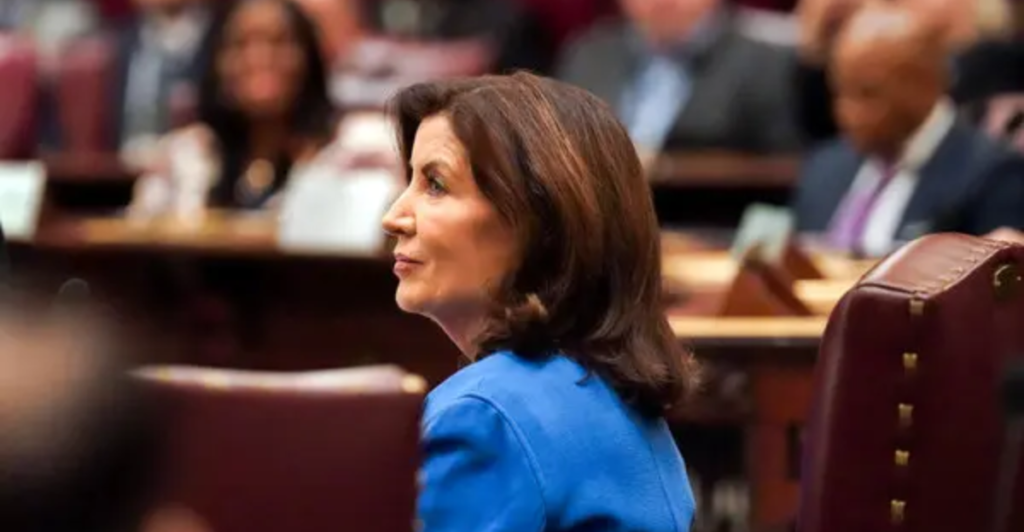
Governor Hochul’s announcement of $300 million for climate resiliency underscores New York’s commitment to protecting those most at risk, an essential tenet of Pope Francis’s climate teachings. The funds will target communities hardest hit by pollution, flooding, and extreme heat.
This effort echoes Francis’s assertion that climate change’s “most severe repercussions disproportionately affected the impoverished.” Building on the Climate Leadership and Community Protection Act (CLCPA), New York law requires that at least 35% of state climate funding benefit disadvantaged communities.
These investments help drive ambitious goals: cutting greenhouse gas emissions to 60% of 1990 levels by 2030 and to 15% by 2050. Hochul’s initiative shows how aligning financial resources with moral imperatives can deliver justice-oriented climate solutions that serve the people who need them most.
How Faith Groups Are Powering Climate Action
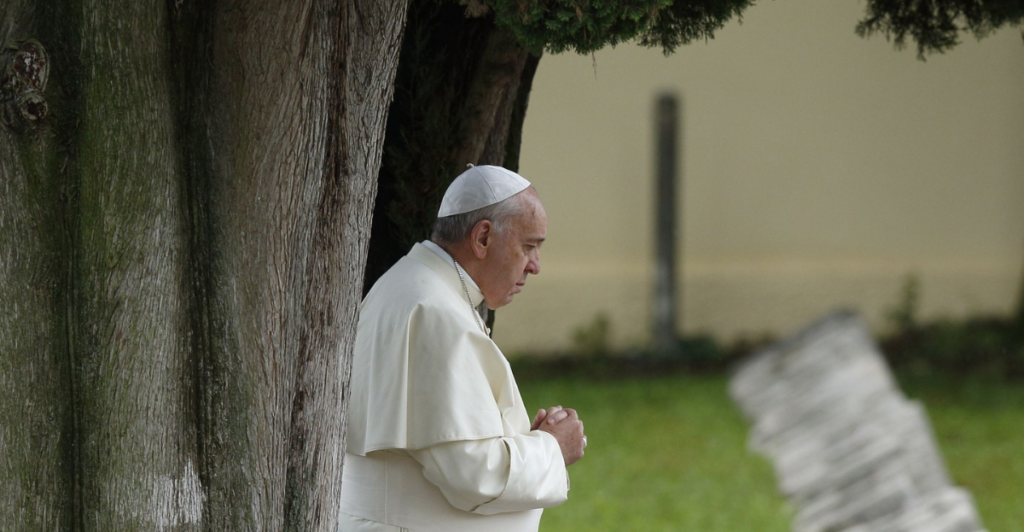
Faith-based communities across New York have played a crucial role in pushing for climate action inspired by Pope Francis’s teachings. Sister Eileen O’Connor recounts the grassroots effort: “The network we created has borne fruit: the New York governor signed major climate legislation in December 2024, after many letters, phone calls, meetings, prayer services, sit-ins, letters to the editor and pressure from many environmental groups.”
The Catholic Diocese of Brooklyn launched the Laudato Si Corporation to generate renewable energy, selling surplus electricity back to the grid. Meanwhile, the Church of St. Francis Xavier implemented a three-year Laudato Si’ Action Plan, making progress on 22 out of 30 priorities.
These actions highlight how Pope Francis’s moral call has energized interfaith partnerships and citizen-driven movements to demand systemic change.
Embedding Environmental Justice Into State Law
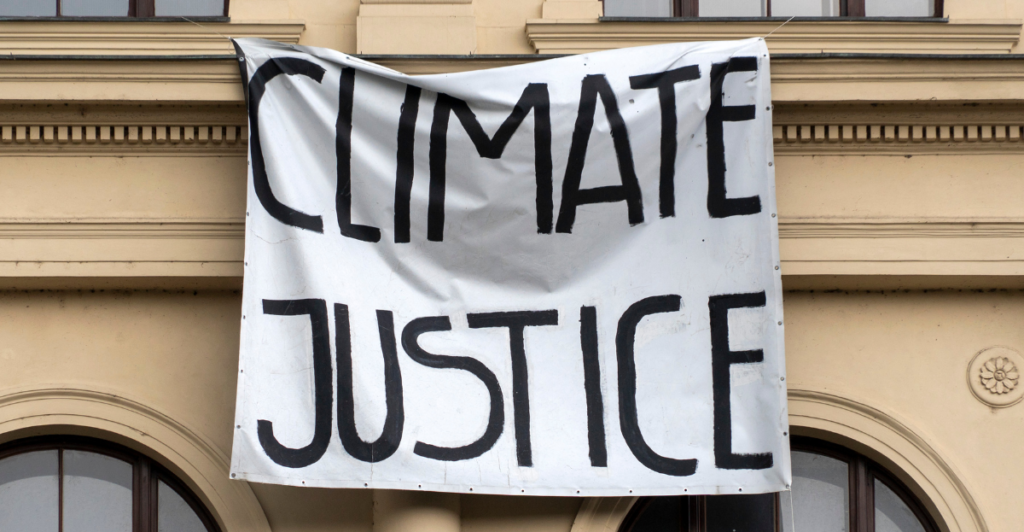
New York’s environmental justice mandate, enshrined in Section 70-0118 of the Environmental Conservation Law, brings Pope Francis’s concept of “integral ecology” into concrete governance. The Climate Leadership and Community Protection Act (CLCPA) requires agencies to avoid placing disproportionate burdens on disadvantaged communities while prioritizing emissions cuts and public health improvements.
Francis insisted that addressing climate change demands solutions that recognize intertwined social and ecological challenges. New York’s Climate Action Council has crafted a comprehensive scoping plan to guide reductions across industries.
By ensuring all decisions align with climate targets and social equity, New York turns a moral imperative into actionable law. This fusion of ethics and policy reflects a growing belief that justice for marginalized communities must be a cornerstone of sustainable environmental strategy.
Holding Corporations Responsible for Climate Damage
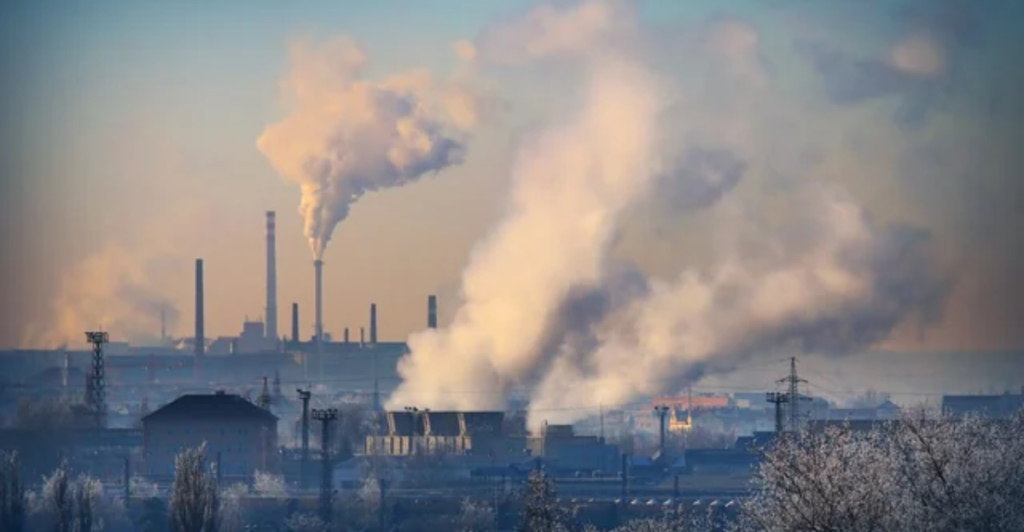
Corporate accountability sits at the heart of New York’s climate reforms, echoing Pope Francis’s urgent calls for systemic change. The Climate Change Superfund Act forces fossil fuel companies to contribute billions toward climate damage repair, with at least 40% earmarked for disadvantaged communities.
Meanwhile, the Tropical Deforestation-Free Procurement Act requires businesses to verify that their products do not cause rainforest destruction. It also favors small, minority-owned, and women-owned businesses in state contracts.
Francis warned of the environmental and social costs tied to unchecked corporate behavior, calling for a “comprehensive shift in the irresponsible lifestyle associated with the Western model.” Through these legal tools, New York has created mechanisms that both punish environmental harm and incentivize ethical, community-focused commerce—a model for future climate accountability nationwide.
Charting the Future of Faith-Driven Climate Laws
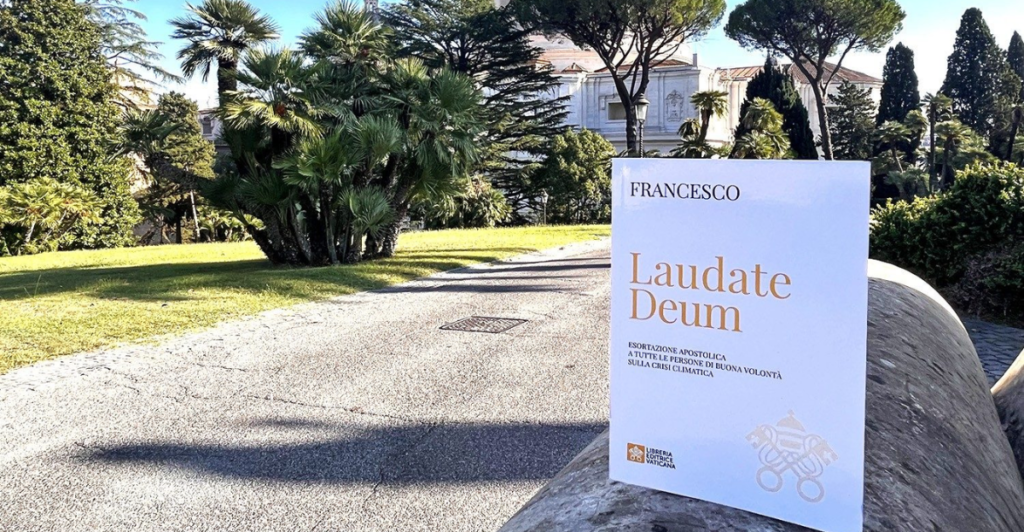
New York’s move to legally codify Pope Francis’s climate teachings may signal a new era in faith-inspired environmental policy. Despite pending legal challenges to the Climate Change Superfund Act, momentum for similar laws is growing.
With Governor Hochul leading the 24-state U.S. Climate Alliance, New York’s influence could expand nationwide. This ambitious approach tests whether Francis’s vision of “integral ecology” can succeed in linking social justice and environmental action. As Francis emphasized in his exhortation “Laudate Deum,” humanity needs “global and effective rules” to safeguard rights and ecosystems.
By blending moral principles with practical governance, New York offers a compelling model for other jurisdictions. If successful, this strategy could help realize the Pope’s dream of leaving “a beautiful and habitable world” to future generations.
Explore more of our trending stories and hit Follow to keep them coming to your feed!

Don’t miss out on more stories like this! Hit the Follow button at the top of this article to stay updated with the latest news. Share your thoughts in the comments—we’d love to hear from you!







